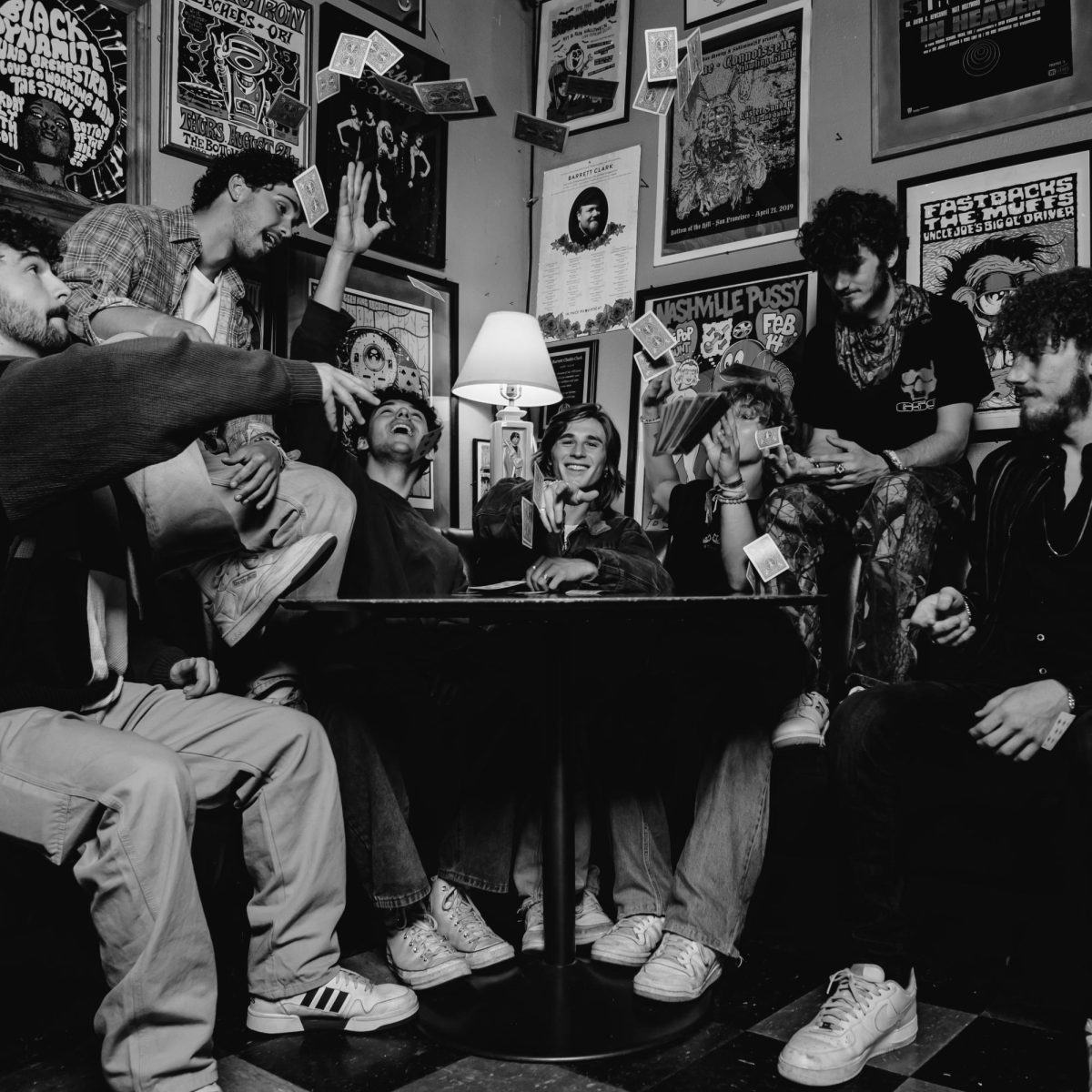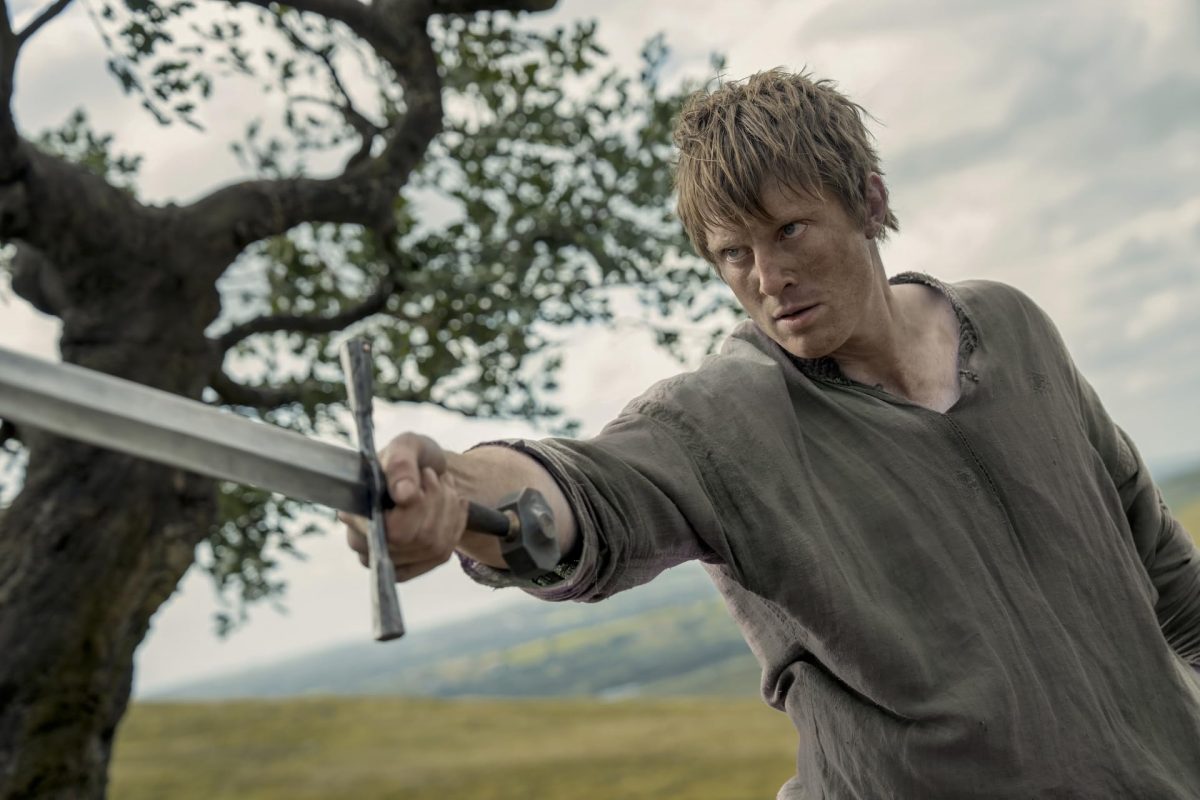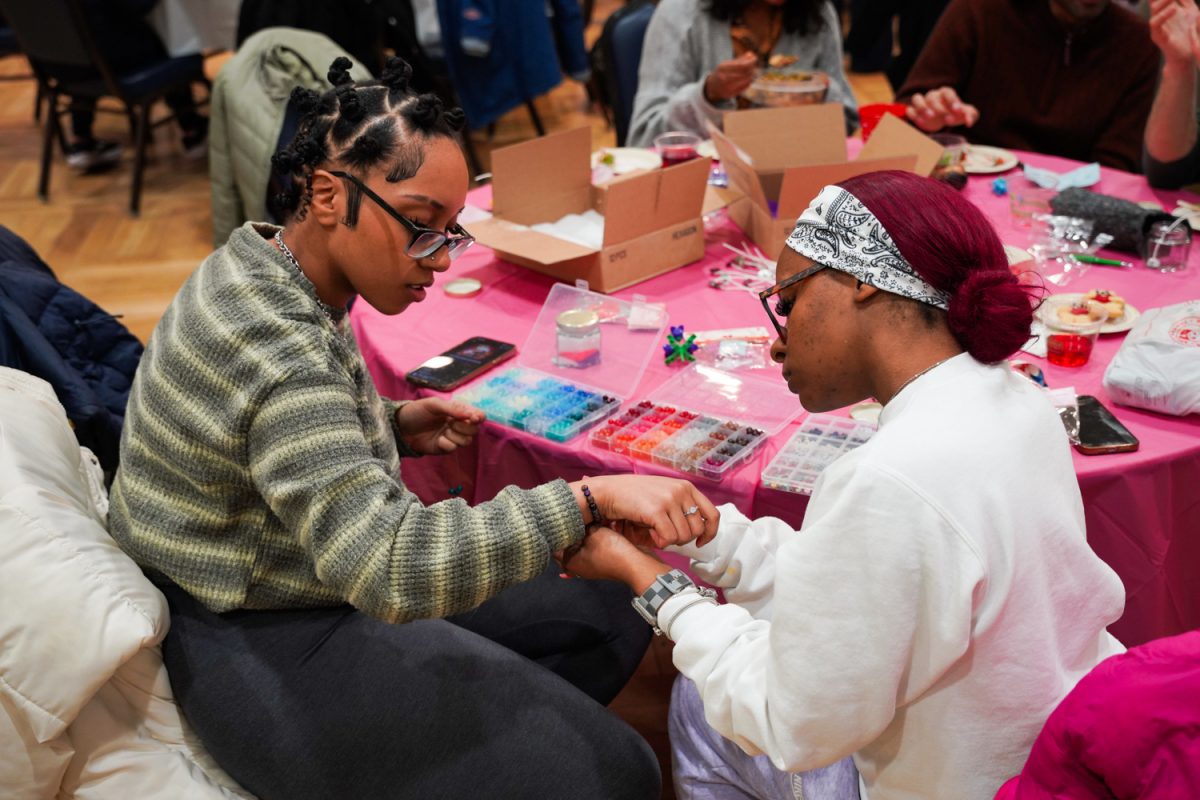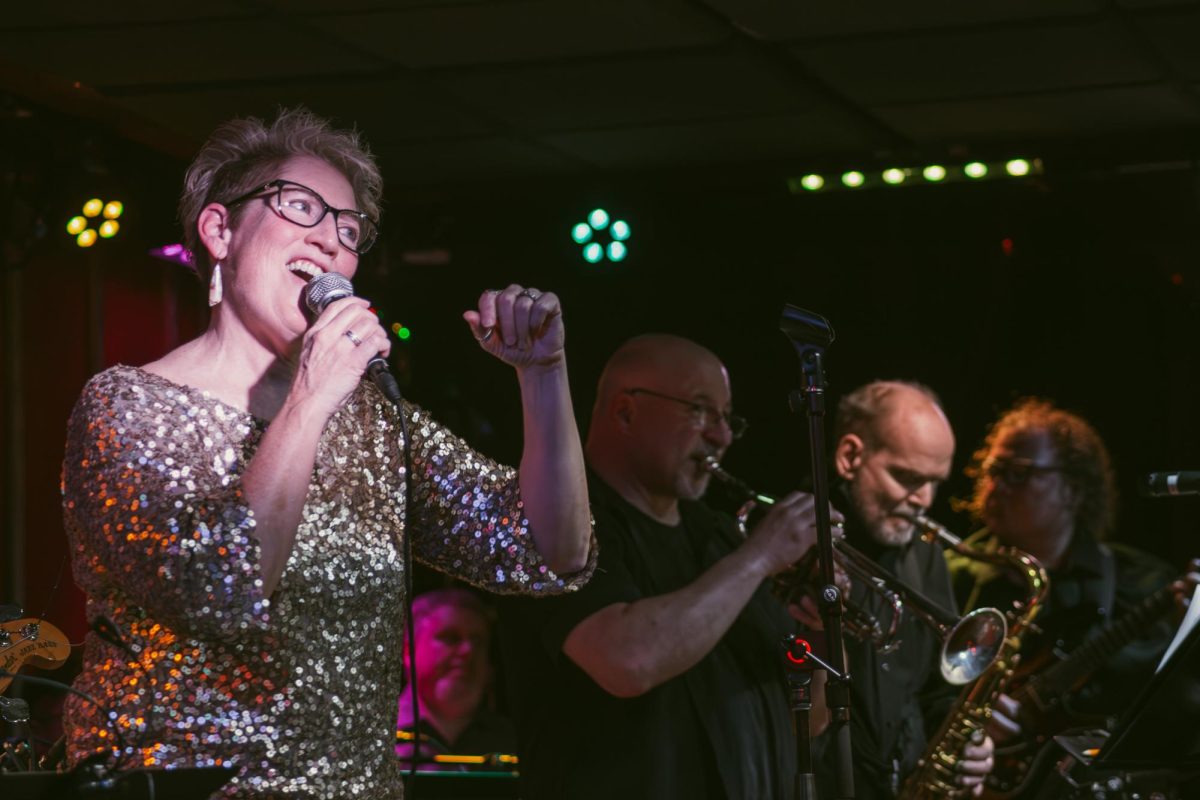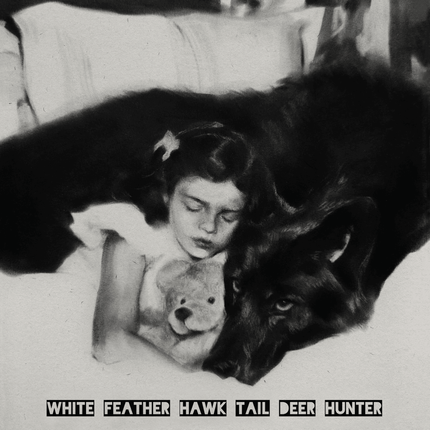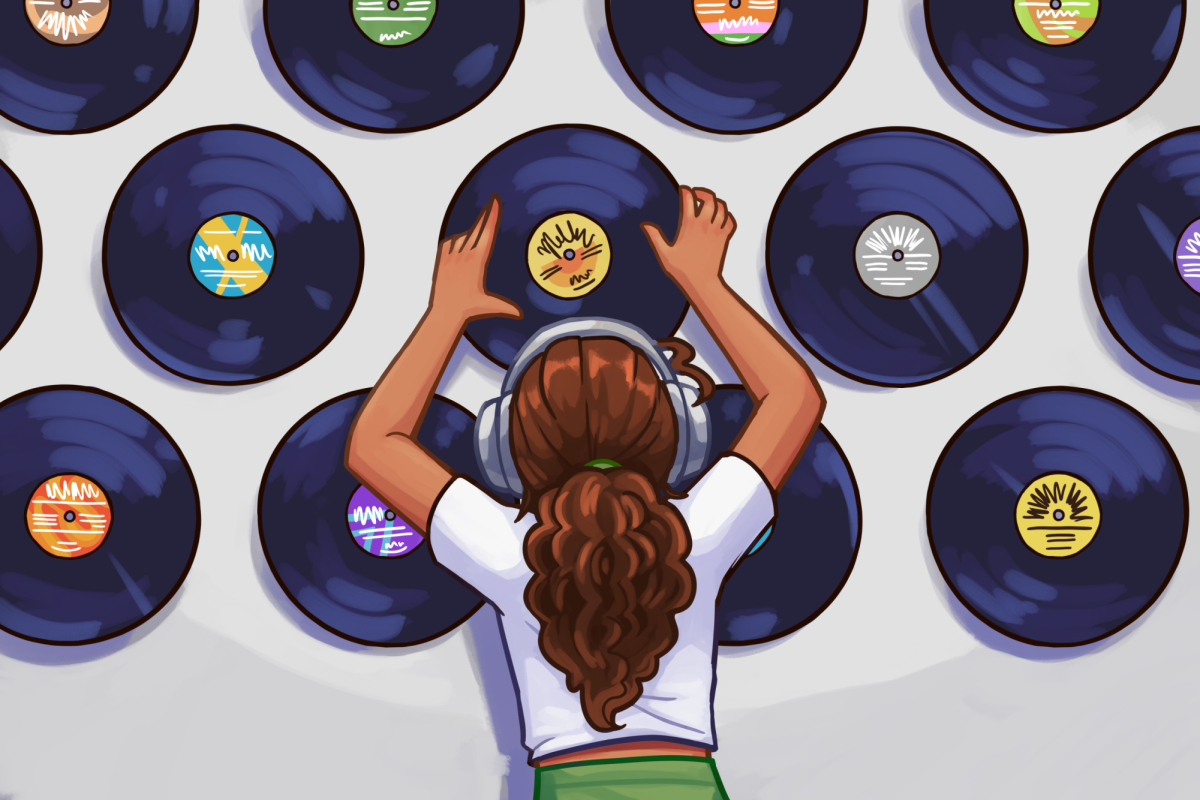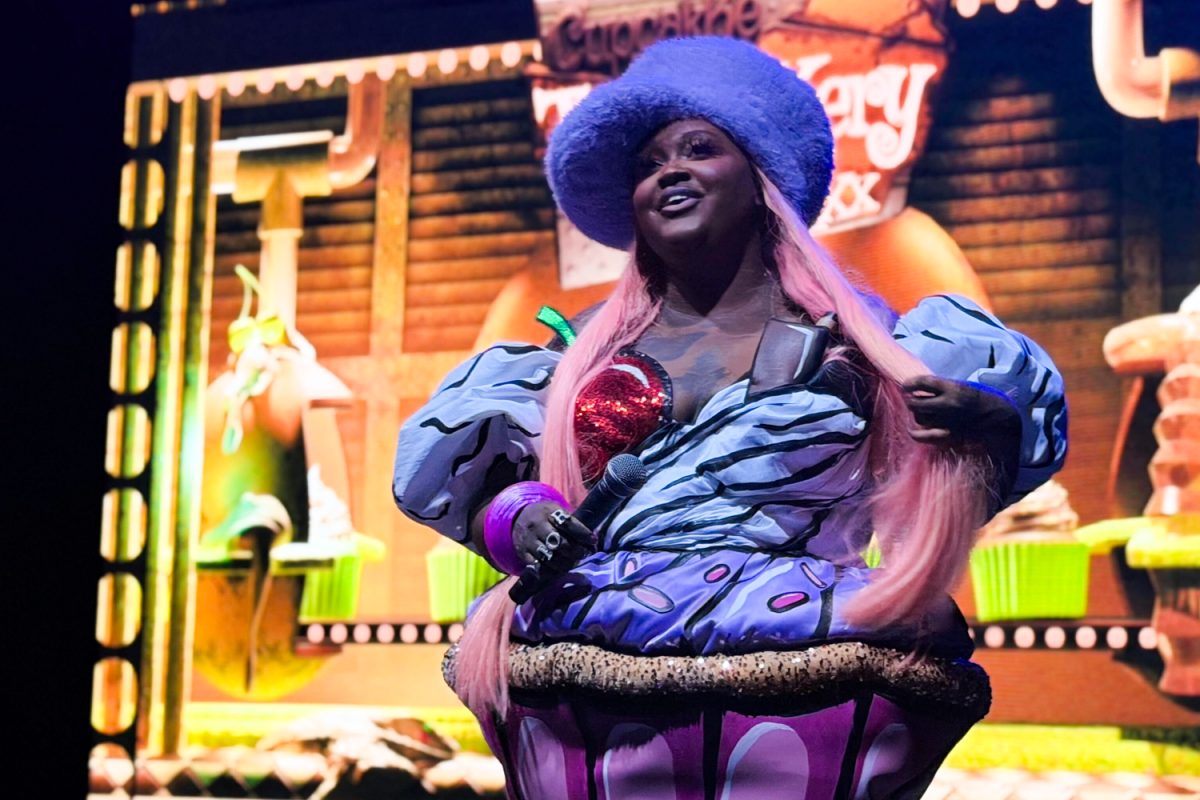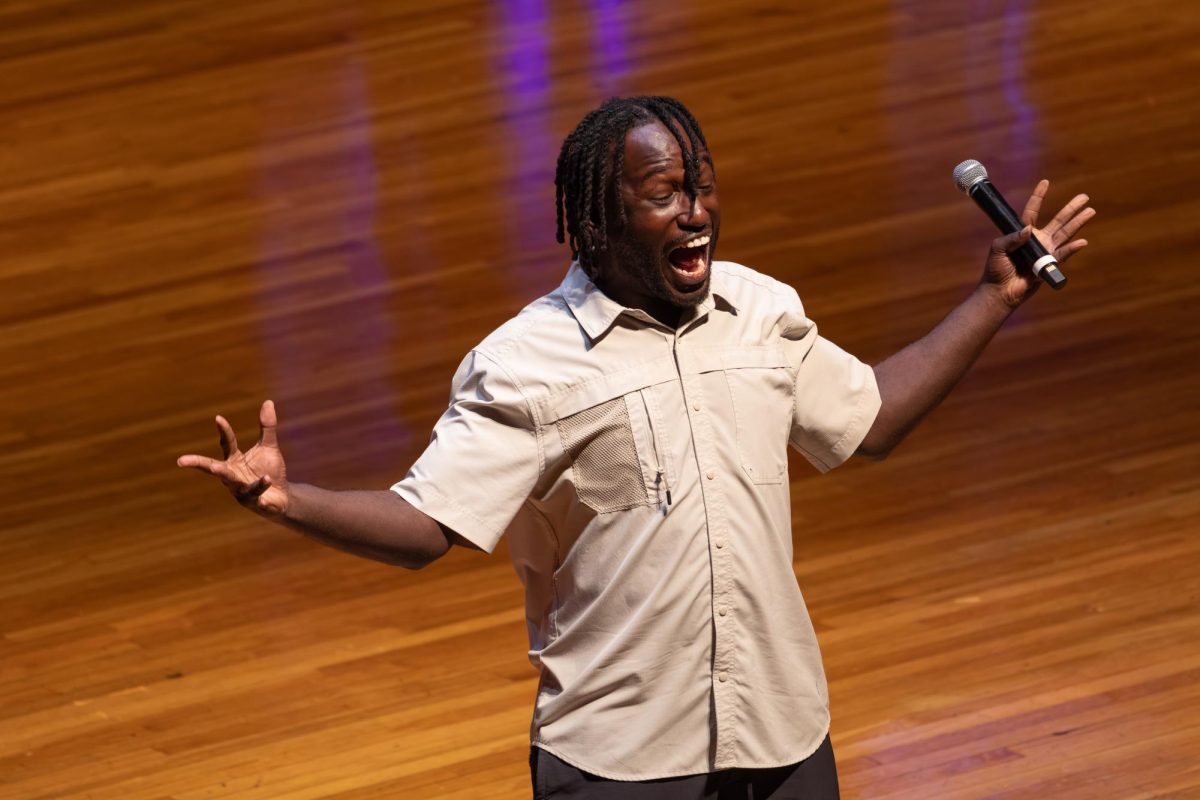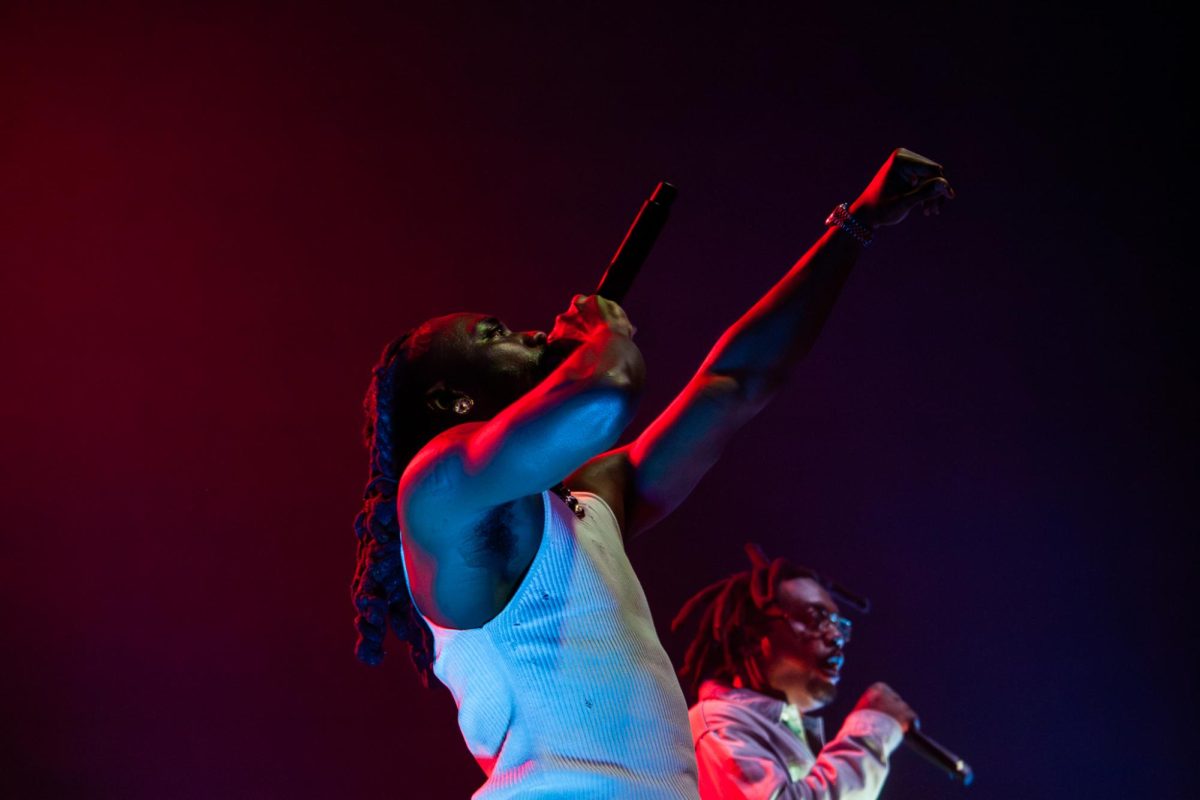Ax and the Hatchetmen, a Chicago-based seven-piece band, are playing a show at The Canopy Club on Thursday.
The band is made up of lead singer and guitarist Alex Ellis, vocalist and guitarist Kenny Olzewski, guitarist Sal Defilippis, bassist Hunter Olshefke, drummer Nick Deputy, and uniquely — Phil Pistone on trumpet and Quinn Dolan on saxophone.
The DI chatted with Ellis and Olshefke two days before their show at The Canopy Club.
This interview has been edited for length and clarity.
Get The Daily Illini in your inbox!
DI: What has Ax and the Hatchetmen been up to lately?
Ellis: We just wrapped our summer of touring, which was a lot. We just did a couple of scattered gigs. We’re mostly getting ready for these next few shows.
We want to make an album, maybe this winter. We’re trying to work that out, see if we want to work with anybody to get some help making it. We’re exploring our options before hitting the studio.
DI: How is the band feeling about the Thursday performance in Urbana?
Ellis: Good! None of us have ever been even out to Champaign before, we’ve only driven through. We’re also excited to check out the campus, we have a bunch of friends out there. And we’re also excited to check out Canopy Club.
DI: This is the start of a fall tour for the band, right?
Ellis: Kinda, yeah, we’re all in school. So we’re just kind of doing weekenders.
DI: Are you guys all in college?
Ellis: Yeah, we’re mostly juniors and seniors.
DI: What’s the story of the band’s inception?
Olshefke: There’s a guitarist named Sal, who posted a fingerstyle acoustic guitar video. Axel messaged him on Instagram, and they began to hang out and jam.
Soon, they were looking for other guys to play with. I knew Sal, I grew up with him. So, I came over and played some bass.
We went through a few renditions of drummers that we knew through jazz band, and the rest of the members kind of came with that. We got Nick on drums — who was in jazz band with us — and Kenny on guitar, and then Quinn on sax. Phil was at a jazz conservatory.
Ellis: We met at a conservatory called Midwest Young Artists in Fort Sheridan, we were in the same jazz band. And every time he played it was like, woah.
DI: When did you all decide to get serious as a band?
Ellis: It kind of just made sense, I think it was kind of always the goal.
We did a couple open mics. What’s the next step after that? Let’s get a band and start making some songs with them.
The fact that Sal happened to know almost everybody at his school, was like, I kind of won the lotto in that regard. Once we actually started trying to write songs, it worked out.
“Sleeping in My Jeans” and “Silhouette” were the first couple songs we ever made.
Then it was like, “Well, we have the songs, let’s record them and release them.”
DI: How did you settle on your band name?
Ellis: My dad actually came up with it. He had had that name running around in his head for years.
In the first couple really young bands I was in, he kept trying to suggest it. And we were always like, “No, no.”
Then, with this band, we just needed a name like last minute before a gig. We ended up sticking with it. It was like, “Okay, dad, finally. We’ll, we’ll accept your name request.” And I’m glad we did, because it worked out.
DI: How did the band settle on its general sound and vibe?
Olshefke: I don’t even think we have settled. It feels like it’s always going in different directions when we’re writing. It’s all in the same vein, but we definitely kinda experiment with different things.
Ellis: We all like going outside and having fun, and I think the songs kind of reflect that.
DI: Your band has the traditional band setup of vocals, guitar, bass and drums, but you also have a saxophone and a trumpet in the mix. How did that addition come about?
Ellis: Probably just having our roots in jazz in high school. We’re all around horns a lot and listening to blues and playing blues. It’s kind of like, “Alright, if there’s some good players out there, let’s try it out.”
It was definitely not intentional, like, “This needs to happen for our sound to be our sound.” It was very organic and based on influence.
There’s something about going to see a band live, and then you just hear a blaring horn, and it’s a good, fun sound.
DI: What’s your songwriting process like?
Ellis: It’s not a decision. It’s just like, there’s a thing when there wasn’t five minutes ago. And you’re just gonna build this thing to where it makes sense. Then it’s, “Do I like it or not?” And everything is based on that.
We’ll sit down to write like other parts after the lyrics have been made. We keep playing around with each other until some guy does something and everyone likes it. It’s kind of a tedious process.
It’s like, “Alright, let’s try and make a fun song, or like a dancy song,” and then half the time, it will come out like the complete opposite.
DI: So the lyrics typically come first?
Ellis: Yeah, generally it’s been chords and lyrics. There’s usually a story to tell lyrically, and then that’s taken to everybody else and they put music on it.
DI: Who usually writes the lyrics?
Ellis: Generally, it’s been me or Kenny. Sometimes, I’ll write a couple of things and then ask everybody if they like it. If they don’t like it, I’ll go back to the drawing board.
It’s a collaborative process, trying to figure out where it should go. Though, it’s been easy to have one brain fronting a lyrical storyline thus far.
DI: What’s it like to be in a touring band and also in college? How do you balance those two things?
Ellis: It absolutely sucks. I hate it with my entire heart.
Olshefke: You miss a big chunk of what you could be doing.
Ellis: You’re either gonna be a good college student or a shitty band member, or vice versa. You can’t do both well.
I’ve been a shitty college student and trying to be the best band member I can be. I have no friends at school, and when we’re not traveling, we’re working on either homework or band stuff. Yeah, I hate it.
DI: What schools do you all attend? What are you studying?
Ellis: I’m at Columbia in Chicago studying music.
Olshefke: I’m studying business at College of Lake County.
Ellis: We have a few guys studying at this institute called SAE, it’s an audio engineering school. They’re working on music production. Our trumpet player goes to NIU, studying music. Our sax player, Quinn, is studying biology at Iowa State.
DI: Can you tell me about “Peach Trees,” your most popular song?
Ellis: It kind of, as far as I know, came out of nowhere. Kenny came to practice one day and said, “Hey, let’s try this out.” He had the riff with some words. That one was real quick.
There’s not much to that song. It’s just fun. It’s a couple of verses real quick. But, ya know, that was a nice, quick and efficient turnaround.
DI: Do you two have a favorite song that you like to do live?
Olshefke: I’ve been liking “Utah” because I feel like it’s pretty different from the rest of our set. I like bringing it down to that level. We all sit down on the stage except for Axel.
Ellis: Yeah, I like to play that song. It’s nice to switch it up a bit.
And I also like “Where TF did I park my car.” It’s kind of the opposite.
“Utah” is kind of as low as you can take it, and that one’s as high as we can take it.
I always like doing the first stuff we put out, like “Peach Trees” and “Silhouette.”
At a certain point, people started singing the lyrics at some of the shows. I like doing those two songs and seeing the response that they might get, because that’s really surprising every single time.
DI: What would you guys say your average energy level is on stage?
Ellis: Very upbeat. I feel like we’re on 10 the whole time.
Olshefke: I said we bring “Utah” down, but by the end of the song, how we’re doing it live, it’s like—.
Ellis: Pretty big still, yeah. It gets pretty energetic.
Olshefke: We start slow, but it doesn’t really matter by the end.
Ellis: We only get a few minutes up there on stage, so we got a lot of sh— to let out every time.
DI: What are the band’s future plans?
Ellis: Finishing school is the biggest thing for me. Then it’s all just band. I want to write music, do a tour and record music. I can’t imagine anything else I’d want to do. Fit in as much hiking as possible in between, and we’re golden.



